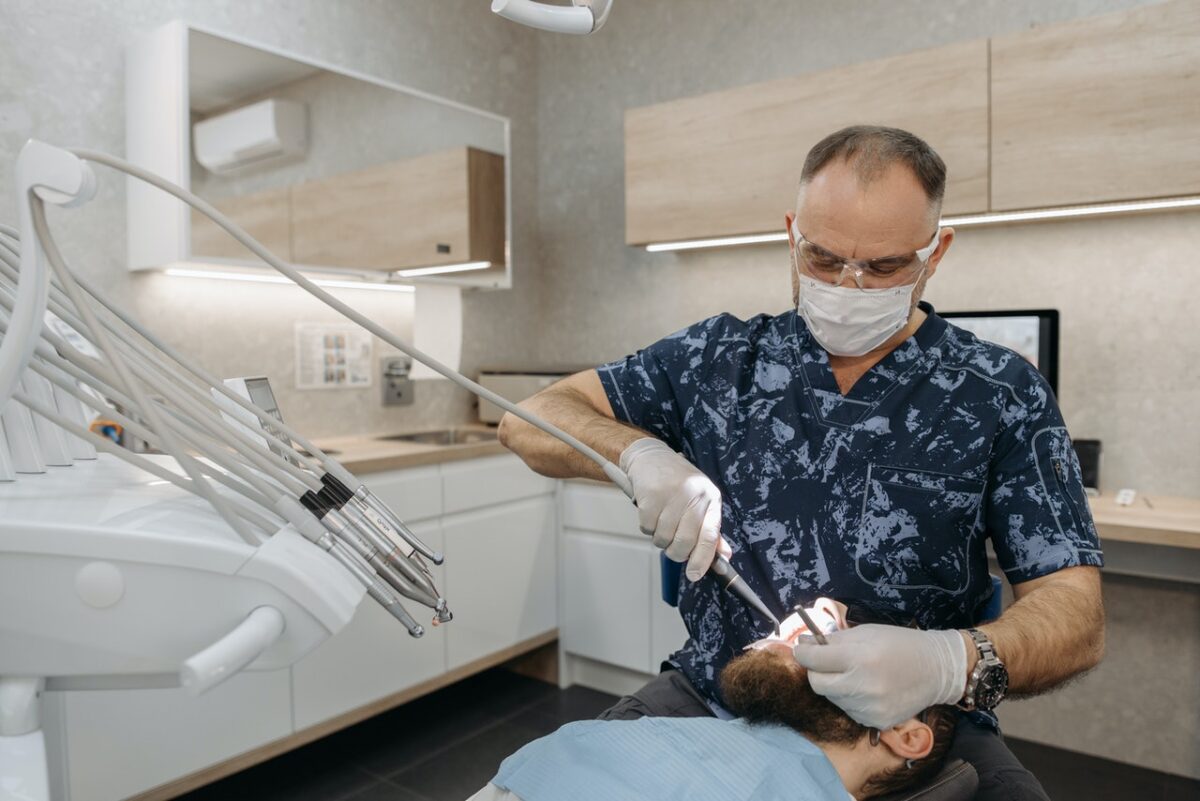Your smile is an extremely potent part of your appearance. If you have crooked teeth, I’m missing tooth, or significant staining, it is noticeable to others as soon as they meet you.
If, for whatever reason, your smile is not as bright and shiny as it used to be, there are plenty of things that can be done. Taking a visit to your local dentist will give you the opportunity to explore the best treatment options for your teeth. This may include a simple teeth whitening or something a bit complicated like Dental implants in Dallas.
In some cases, your teeth might only need a quick polish. However, if there is some significant decay or damage to the teeth, you may need a more invasive procedure to regain your smile.
Cosmetic veneers are one of the most popular and most effective ways to treat severely stained or damaged teeth. They consist of thin ceramic shells that cover the front of your teeth.
Dental veneer pricing is usually a little more expensive than some of the treatment options. However, they can last for decades and they are a great way to regain the perfect smile.
The best candidates for dental veneers are people with staining on the teeth (often caused by smoking, or drinking coffee or tea), chipped teeth, or severe tooth decay.
If your dentist has suggested for you to get veneers, it’s natural to be a little bit apprehensive at first. It can seem like quite a daunting procedure to go through. However, researching exactly what are veneers are and how they are fitted prior to the procedure will calm your nerves.
Here is everything to expect when you get veneers.
Before getting dental veneers, you will need a consultation with your dentist. During the consultation, the dentist will run through everything that you need to know, including the preparatory steps that you need to take before getting your veneers fitted.
Your dentist will ask you about what you dislike about your teeth and what your hope and expectations are with the veneers. They will use this information to create the perfect veneers based on your needs and preferences.
After the consultation, your dentist will perform a series of dental x-rays and physical examinations. They will also provide an estimation of the total cost of the veneers.
Prior to getting your veneers fitted, your dentist may remove 0.05 mm of enamel from the outermost layer of your teeth. It should not be a painful procedure but it may be slightly uncomfortable. If you are experiencing a lot of pain, let the dentist know and they will provide a local anesthetic to numb the area.
You will be called for a second appointment before getting your veneers fitted. During this appointment, your dentist will take a dental impression, which will be used to shape the veneers.
Around two weeks after your second procedure, you will be called back to the surgery to get your veneers fitted. To begin the procedure, your dentist will clean your teeth to remove built-up plaque or contaminants.
The dental dam will be inserted into your mouth to prevent saliva from covering your teeth and interfering with the procedure. After this point, the dentist will use a gel base and dental cement to secure the veneers over your teeth.
If you believe dental veneers are the best option for you, you can reach out to this Invisalign dentist in West Point who also offers veneers, crowns, and dental implants.



